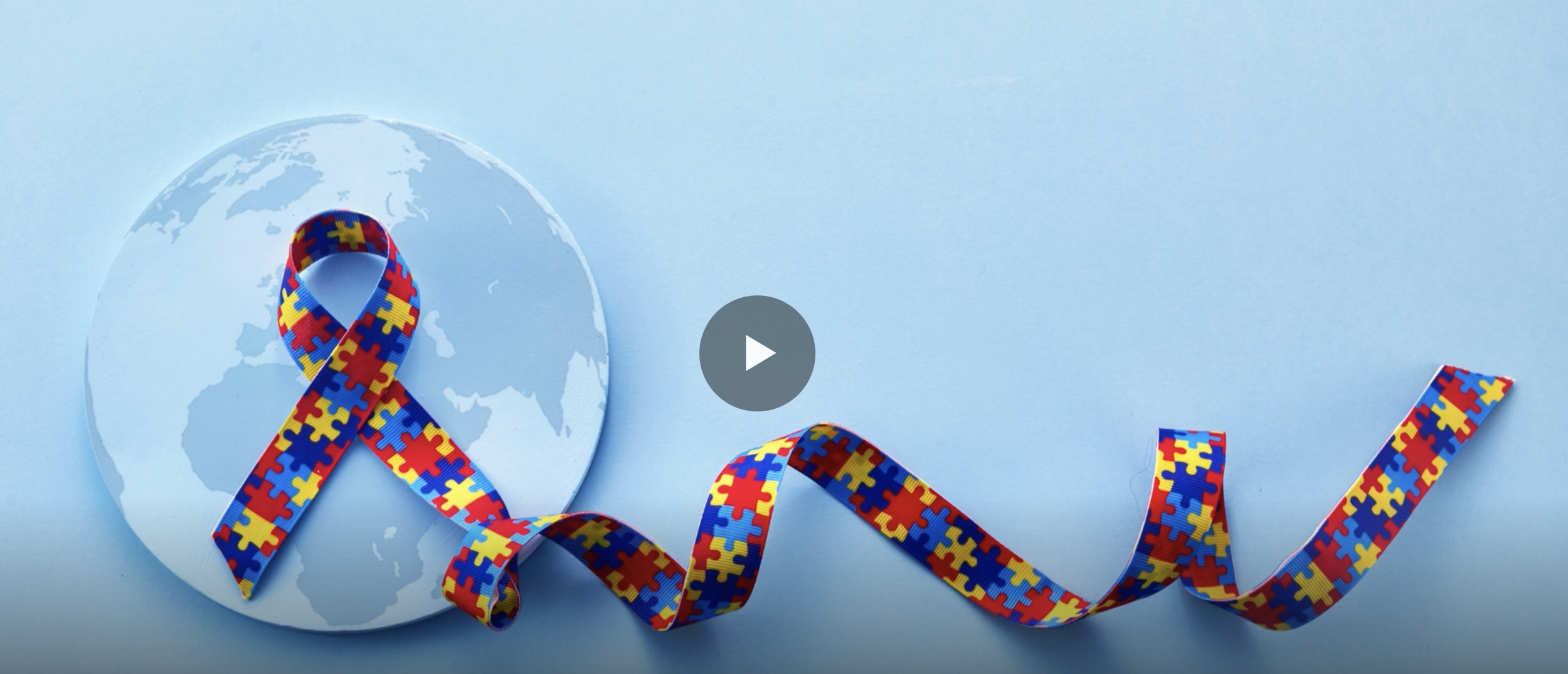What is Autism Spectrum Disorder
ASD (autism spectrum disorder) is a developmental impairment caused by brain differences. ASD patients may have a recognized difference, such as a genetic disease. Other causes are unknown. Scientists believe that many factors of ASD interact to alter the most frequent ways people develop. We still have much to learn about these reasons and how they affect persons with autism spectrum disorder.
People with ASD may behave, talk, interact, and learn differently than most others. There is often nothing about their appearance that distinguishes them from others. People with ASD have a wide range of abilities. Some persons with ASD, for example, may have great speech abilities, while others may be nonverbal. Some persons with ASD require much assistance daily, while others can work and live without assistance.
ASD appears before age three and can remain for the rest of a person's life. However, symptoms may improve over time. Some children exhibit ASD symptoms within the first year of life. In others, symptoms may not appear until the child is 24 months old or later. Some children with ASD learn new skills and reach developmental goals until they are 18 to 24 months old, at which point they cease learning new skills or lose those they already have.

